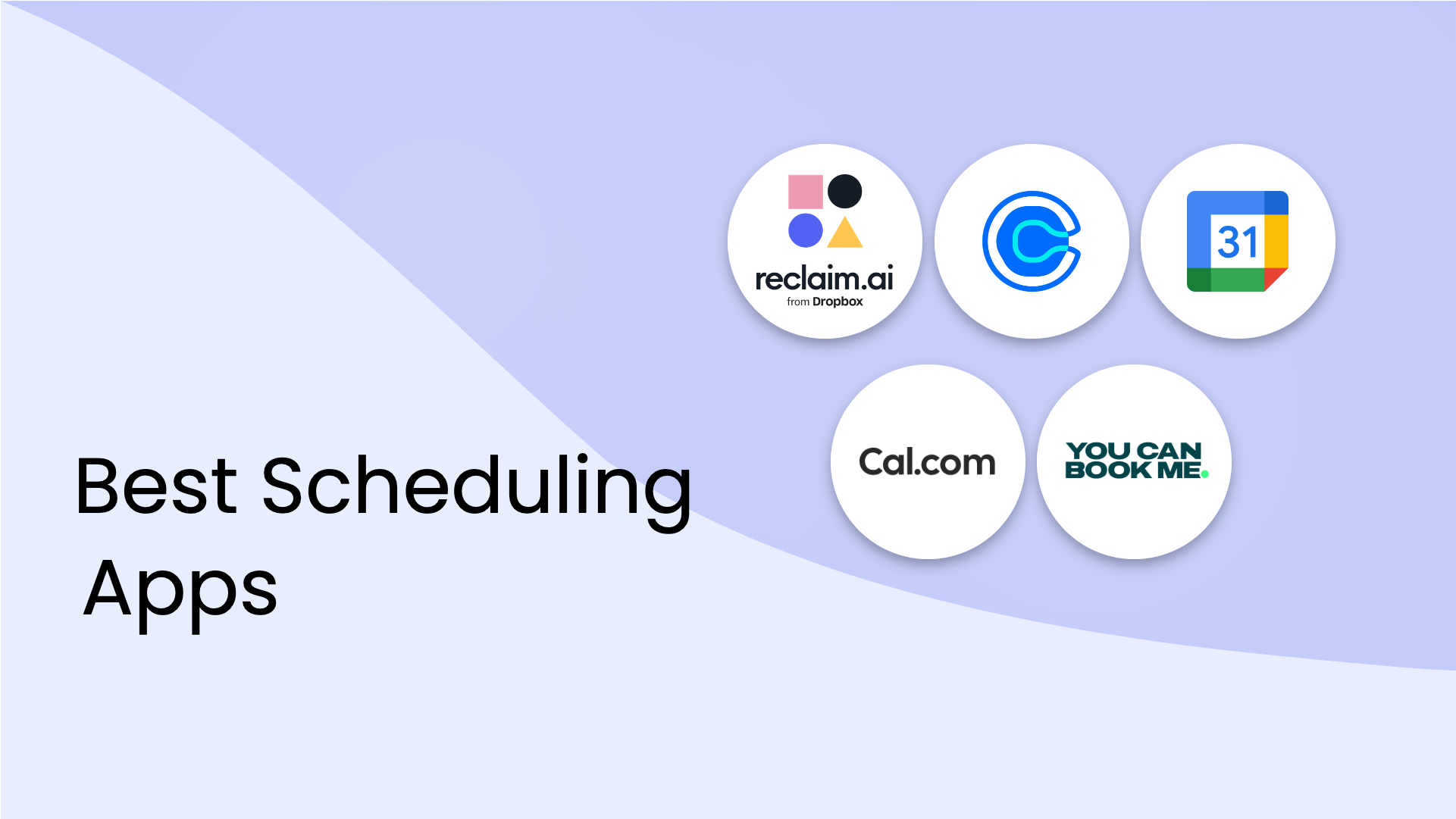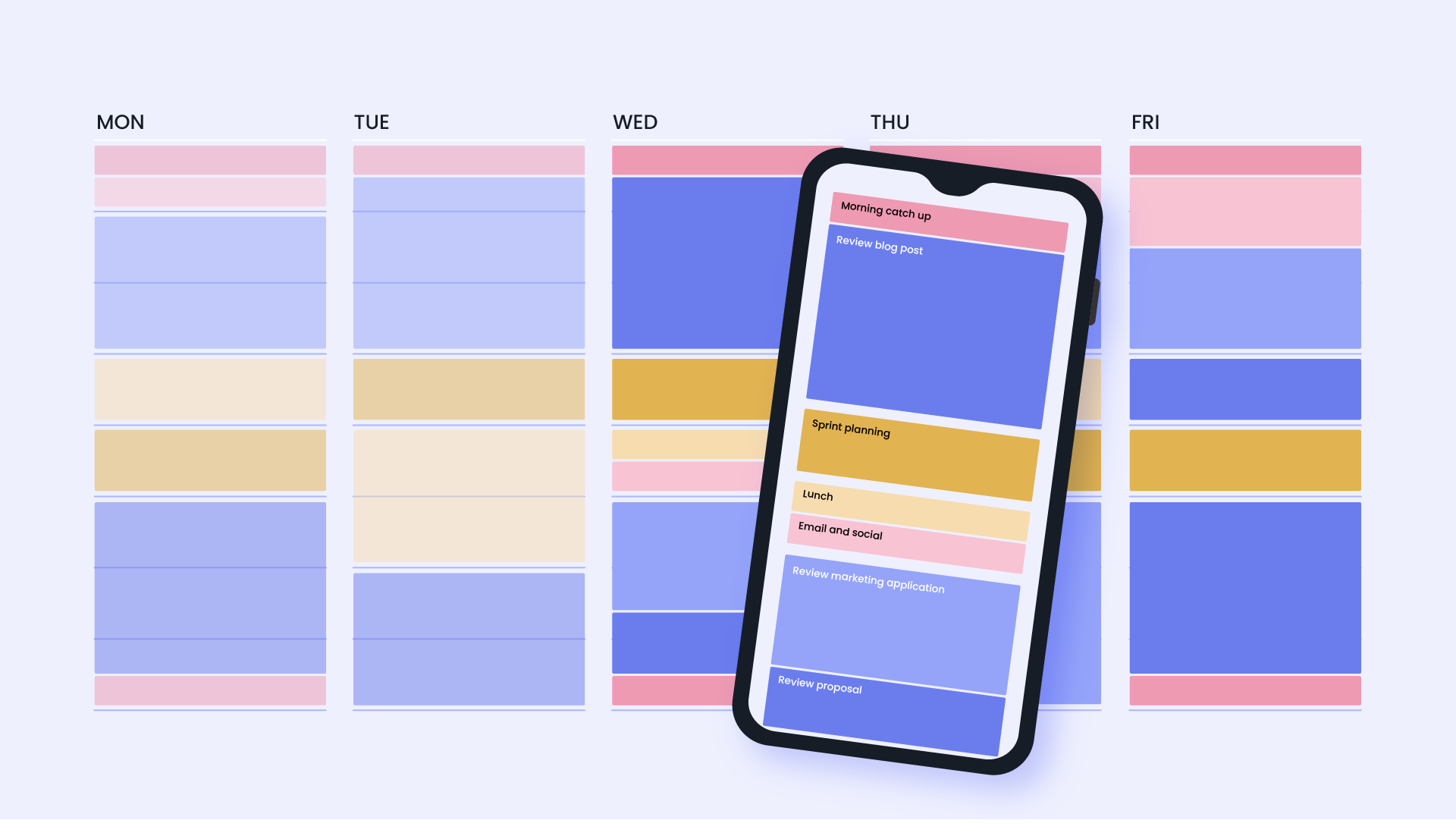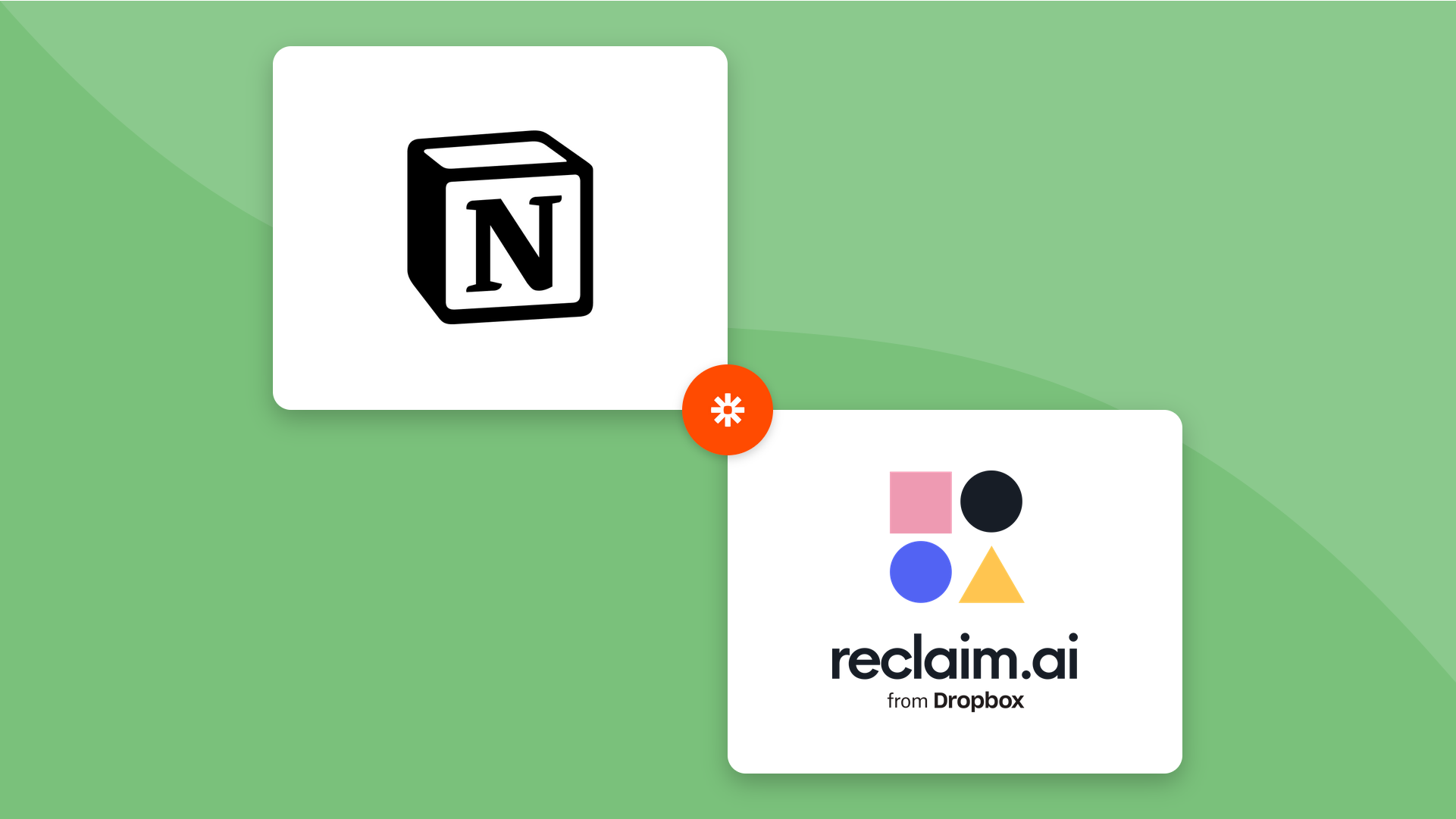Have you ever wished there was an automated way to load-balance meetings across your team? In order to make it “fair”, most teams just end up manually assigning meetings and events to each team member’s calendar instead of automating their scheduling. But this is a super time-consuming process for the team and more of a hassle for your customers and leads who are just trying to get time with you.
That's where round-robin scheduling, a simple yet powerful method that automatically distributes meetings across your team, comes in. Let’s walk through everything you need to know about round-robin meetings.
What is round robin scheduling?
Round robin scheduling is a method of distributing meetings across a group of individuals to maximize availability and balance the workload. It’s like a virtual carousel of meeting hosts – instead of having one designated host, you create a pool of meeting organizers.
When someone books a meeting through your round-robin scheduling link, the system automatically assigns it to one of the available hosts in the group. This provides a fair distribution of meetings and prevents any single person's calendar from becoming overbooked.
Where else is round robin used? Originally defined for use in balancing computing workloads, the round robin method is now applied across scheduling, communications, sports, gambling, and more.
Why use round robin meetings?
- Maximize availability: Offer more appointment options by combining the availability of multiple team members.
- Prevent burnout: Avoid overloading any single person's calendar with meetings.
- Provide consistency: Ideal for scenarios where any team member can provide the same level of service or expertise.
- Streamline scheduling: Automate the process of assigning meetings to the right people.
How does round robin distribution work?
Say you have three employees: Tony, Molly, and Kristi, all of whom are part of a round-robin group for product demos.
When a potential client books a demo, the system checks who's available and automatically schedules the meeting with either Tony, Molly, or Kristi, and chooses Tony. The next person to book a demo will likely be assigned to Molly or Kristi to balance the meeting load and assigns to Molly. When another person starts the booking process, round robin will attempt to schedule with Kristi, unless there are no available times. The rotation continues, resulting in a balanced distribution of meetings.
Are round robin meetings different from team meetings?
To be clear, a round robin meeting is NOT the same as a team meeting. In a traditional team meeting, everyone is invited and expected to attend. It's a collaborative gathering where all participants contribute to the discussion.
On the other hand, round robin scheduling is designed to distribute meetings among a group of individuals. When someone books a meeting through a round-robin link, the system automatically assigns it to one of the available hosts. The other members of the group are not included or notified.
Is round robin right for you?
Consider round robin meeting distribution if:
- Your team offers standardized services (e.g., sales/product demos, consultations, customer support).
- You have multiple team members who can handle the same type of meeting with equal proficiency.
- You want to offer more appointment slots or increase your team's overall availability.
Round robin scheduling is a win-win for both your team and your clients. It's a smart way to balance workloads, maximize availability, and guarantee a consistent customer experience.
4 most common examples of round robin meetings
The versatility of round robin meetings makes them a powerful tool across various departments and scenarios. Here are the 4 most common organization departments that leverage round robin scheduling, but there are use cases across any type of team.
1. Sales
Sales teams often juggle a large volume of meetings, making lead distribution challenging to manage efficiently. When inbound meeting requests are high, some sales representatives may become overburdened while others have lighter schedules. Round robin scheduling offers a solution by automatically distributing meetings among available sales reps, helping to provide timely responses to prospects, preventing burnout, and maximizing the team's overall capacity to handle inbound leads.
2. Support
If a company wants the highest-quality customer support, it needs to efficiently manage a high volume of tickets across all support reps. When customers need assistance, long wait times can be very frustrating and dissatisfying. The round robin method can alleviate this by allowing customers to directly book appointments with available support representatives. This streamlines the process, reduces wait times, and guarantees a smoother customer experience.
3. Recruiting
Scheduling candidate interviews is often a bottleneck in the hiring process. Round robin meetings can help overcome this challenge by allowing candidates to self-schedule interviews with the next available team member qualified to conduct the assessment. For example, you might have 5 engineers, all of whom can run through the same interview or problem set for a potential candidate. You don’t need all 5 engineers on the call with the candidate, you just need one of them.
4. Product
In product development, successful products require diverse perspectives. Round robin scheduling can help simplify cross-functional collaboration by allowing stakeholders to easily book meetings with representatives from different disciplines, such as designers and product managers. Again, you don't need all your designers or product managers in these meetings, just some to provide a balanced representation of viewpoints. With a round robin scheduling link, those who are available can attend these cross-functional meetings.
The 2 main drivers of round-robin
While the core concept of round-robin scheduling remains the same – distributing meetings among a group of hosts – there are two main approaches to how the system determines who gets booked:
1. Flexible round robin method
The flexible round robin, method allows you to offer your teams maximum availability across the widest range of available time slots to people booking meetings. By combining (or "unioning") the individual availability of all hosts in the group, the scheduler will see all the open slots across everyone's calendars – not just the times when certain individuals who are “next up” are free.
Pros:
- More appointment options for clients or customers.
- Potentially higher booking rates due to increased availability.
Cons:
- This can lead to uneven distribution of meetings, with some hosts being booked more frequently than others.
2. Strict round robin method
The strict round robin, focuses on balancing availability across the team, equally distributing meetings among the hosts. It typically enforces a strict rotation or order, assigning meetings to each host in turn. This might mean fewer overall time slots are available, as the system prioritizes even distribution over showing every possible opening.
Pros:
- Ensures a fair workload for all team members.
- Prevents any single host from being overwhelmed with meetings.
Cons:
- This may result in fewer available time slots for clients or customers.
Which round robin method should you choose?
The best approach depends on your specific needs and priorities. If your primary goal is to maximize the number of bookings and offer the most flexibility to those scheduling meetings, then the flexible round robin is a good choice. However, if fairness and equal distribution of workload are more important, then strict round robin might be the better option.
Many scheduling tools allow you to choose between these two methods, or even customize a hybrid approach that balances both availability and fairness.
Round robin scheduling with Reclaim.ai
Reclaim.ai has recently introduced a round-robin Scheduling Link feature designed to streamline and optimize the meeting booking process for teams. Now, when someone books a meeting through a round robin link, they’ll see a greater pool or availability and the meeting will automatically schedule to the best person in rotation.
How it works:
- Create a link: Create a new Scheduling Link in Reclaim and add team members to the Round Robin pool.
- Share the link: Share the link with clients, prospects, or colleagues.
- Booking: Users see the combined availability of the team and book a time that works for them. The meeting is then automatically assigned to one of the available team members.
Reclaim lets you customize who gets included in the round-robin meeting. You can add required or optional organizers (like a sales manager), or let it be just the round robin crew.
If your client needs to reschedule, Reclaim will try its best to keep them with the same person from the original booking. But if the timing doesn't work out, they might end up meeting with someone else from the team. No worries, though, everyone's qualified to help!
For the full scoop on creating and managing your own round-robin links, be sure to check out our help doc here.










.png)






















